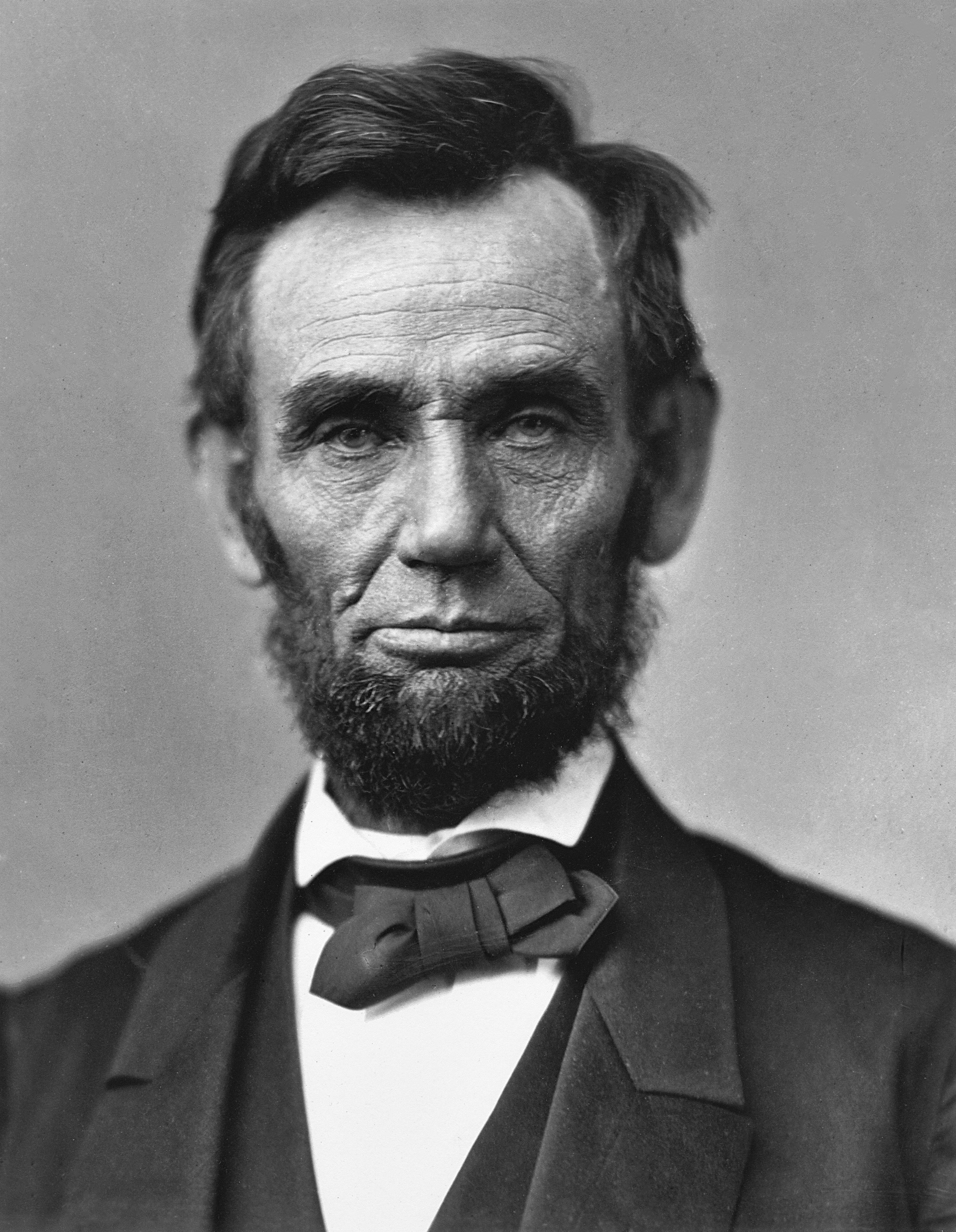What Makes Abraham Lincoln So Remarkable?
 Fred Borch is a lawyer and historian. He was Professor of Legal History and Leadership at The Judge Advocate General's Legal Center and School for 18 years. He served 25 years in the Army as a uniformed attorney. After retiring from active duty, Fred took a job in the U.S. Government as the only career historian whose focus was exclusively on military legal history. He has seven degrees, including an M.A. in history from the University of Virginia. Fred served as an advisor to Robert Redford for the film The Conspirator, which tells the story of the seven men and one woman who plotted to kill Abraham Lincoln in April 1865.
Fred Borch is a lawyer and historian. He was Professor of Legal History and Leadership at The Judge Advocate General's Legal Center and School for 18 years. He served 25 years in the Army as a uniformed attorney. After retiring from active duty, Fred took a job in the U.S. Government as the only career historian whose focus was exclusively on military legal history. He has seven degrees, including an M.A. in history from the University of Virginia. Fred served as an advisor to Robert Redford for the film The Conspirator, which tells the story of the seven men and one woman who plotted to kill Abraham Lincoln in April 1865.
As we honor our leaders on President’s Day, it is significant that Americans almost always select Abraham Lincoln as our country’s greatest president. Although George Washington, as the “Father of our Country”, usually comes in as a close second, Lincoln is consistently number one in public opinion polls. But why Lincoln? Why do Americans feel this way?
There are at least three reasons:
- President Lincoln preserved the UNION, which would have been ripped apart if the Confederate states had seceded.
- He freed ENSLAVED people, and this was the beginning of the struggle for racial equality and justice for Black people that followed.
- Finally, Americans like Lincoln because he is the epitome of the AMERICAN DREAM—the idea that through hard work and determination, a person can accomplish anything in this country. Lincoln grew up in poverty and had only one year of formal education. But he persevered and became a lawyer, a gifted public speaker, and ultimately was elected to the highest office in the land.
 When Lincoln was born in 1809, the United States was only 22 years old—the Constitution having been ratified in 1788. There were still Americans living who had fought in the Revolution—and Lincoln knew them or knew of them. These revolutionaries had witnessed the creation of a new system of government based not on kings, queens, and aristocrats but on the idea that men could rule themselves with a system of laws. To Lincoln and his contemporaries, America was a unique experiment—a republic based on a constitution with a president, congress, and judiciary. Had the southern states been allowed to leave the Union to create a slave-based Confederacy, the Union would have been shattered. Lincoln’s great achievement was preserving the Union—as he lived among the Americans who had been a part of the Revolution, understood what it had achieved, and did not want to see it destroyed.
When Lincoln was born in 1809, the United States was only 22 years old—the Constitution having been ratified in 1788. There were still Americans living who had fought in the Revolution—and Lincoln knew them or knew of them. These revolutionaries had witnessed the creation of a new system of government based not on kings, queens, and aristocrats but on the idea that men could rule themselves with a system of laws. To Lincoln and his contemporaries, America was a unique experiment—a republic based on a constitution with a president, congress, and judiciary. Had the southern states been allowed to leave the Union to create a slave-based Confederacy, the Union would have been shattered. Lincoln’s great achievement was preserving the Union—as he lived among the Americans who had been a part of the Revolution, understood what it had achieved, and did not want to see it destroyed.
When the Civil War began in April 1861, there were four million enslaved African Americans in the southern states, and the plantation economy that fueled the South’s economy depended on this enslaved labor. On January 1, 1863, after the Union Army’s victory at Antietam, Lincoln proclaimed “that all persons held as slaves” within the states in rebellion “are, and henceforward shall be free.” The war to preserve the Union was transformed into a war for freedom. As Union troops moved more deeply into the Confederacy, now freed men enlisted in the Union Army. Ultimately, more than 100,000 Black men would join the U.S. Colored Troops—their presence was a key reason for the Union victory in 1865. While Lincoln’s Emancipation Proclamation was only the beginning of the struggle for racial justice for Black people in America, it did lead directly to the 13th Amendment that forever prohibited slavery. This constitutional change was followed by another critical amendment—the 14th—that guaranteed that all persons born in the United States are U.S. citizens and that all persons are entitled to the “due process of law.”
Finally, Lincoln is admired by Americans because he represents the “rags-to-riches” story that we want to believe is possible for all Americans. Lincoln was born in a log cabin in Kentucky and grew up poor on the frontier. His mother died when he was nine years old, and his life was even harder after her passing. Lincoln had only one year of formal schooling but learned how to read by age seven. In the years that followed, he educated himself. This self-education led to Lincoln becoming a prominent lawyer in Illinois in the 1830s, 40s and 50s. He soon got involved in politics, serving in the state legislature. Lincoln also represented Illinois in the U.S. House of Representatives. When he was elected as the 16th president in 1860—the first Republican to attain that lofty position—Lincoln was the epitome of achieving the “American dream.”
Lincoln’s murder by John Wilkes Booth in 1865 meant that he did not see the turmoil that followed the Civil War. While his murder was a national tragedy, Lincoln’s assassination froze him in time when he was at the height of his political power and success. We will never know how Lincoln would have handled the post-Civil War challenges of Reconstruction. His achievements as an individual and president from 1861 to 1865 demonstrate why he remains our most admired president.
- Stay on Track: Turning Resolutions into Results
- From “Jimmy Who?” to “What Would Jimmy Do?”
- Washington’s Bold Gamble: Christmas Day 1776
- Increasing Your Impact With Planned Giving
- UVA Club of Boston: UVA Men's Basketball Game Watches
- UVA Club of New Mexico: Cavs Care - Roadrunner Food Bank